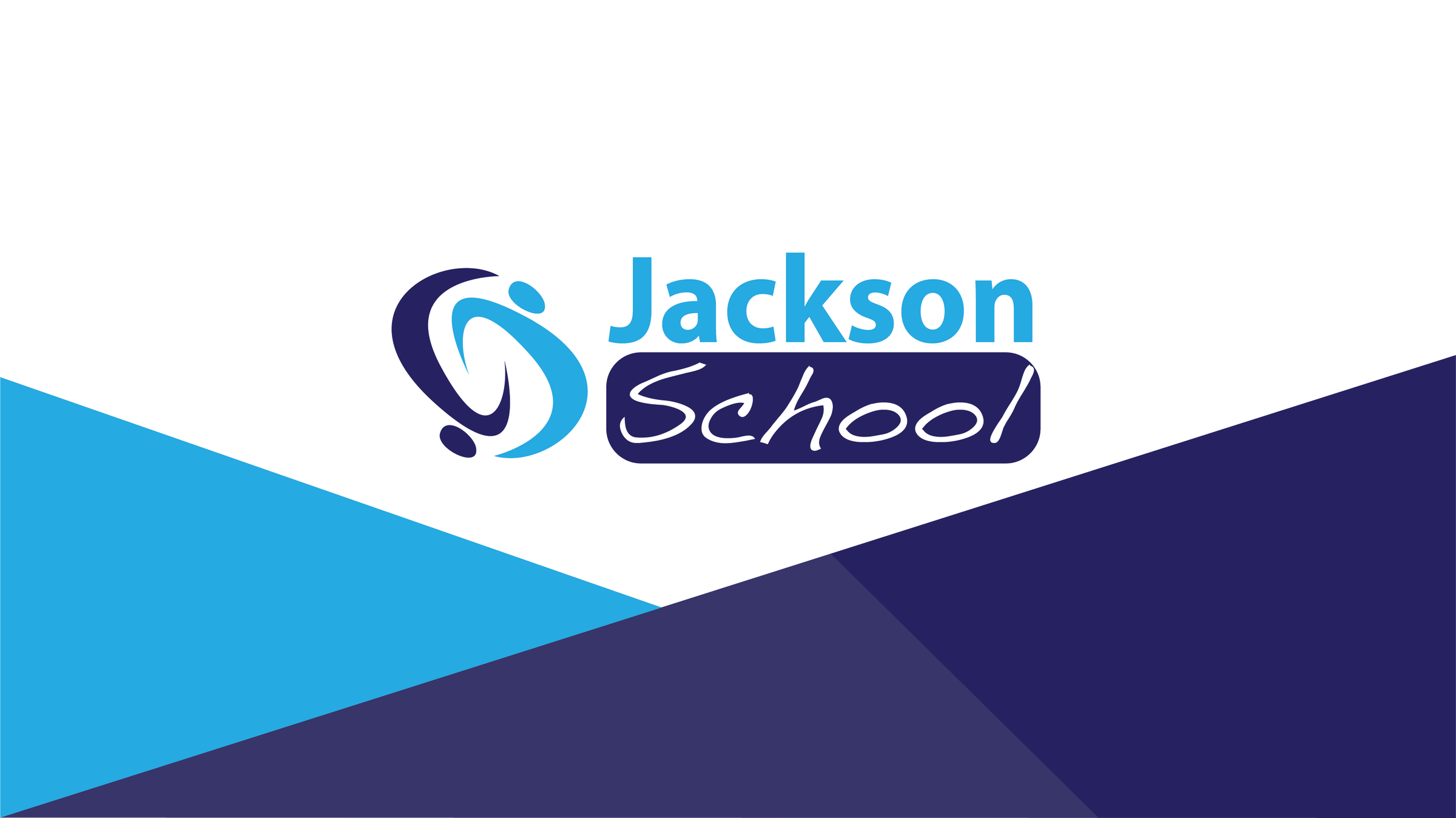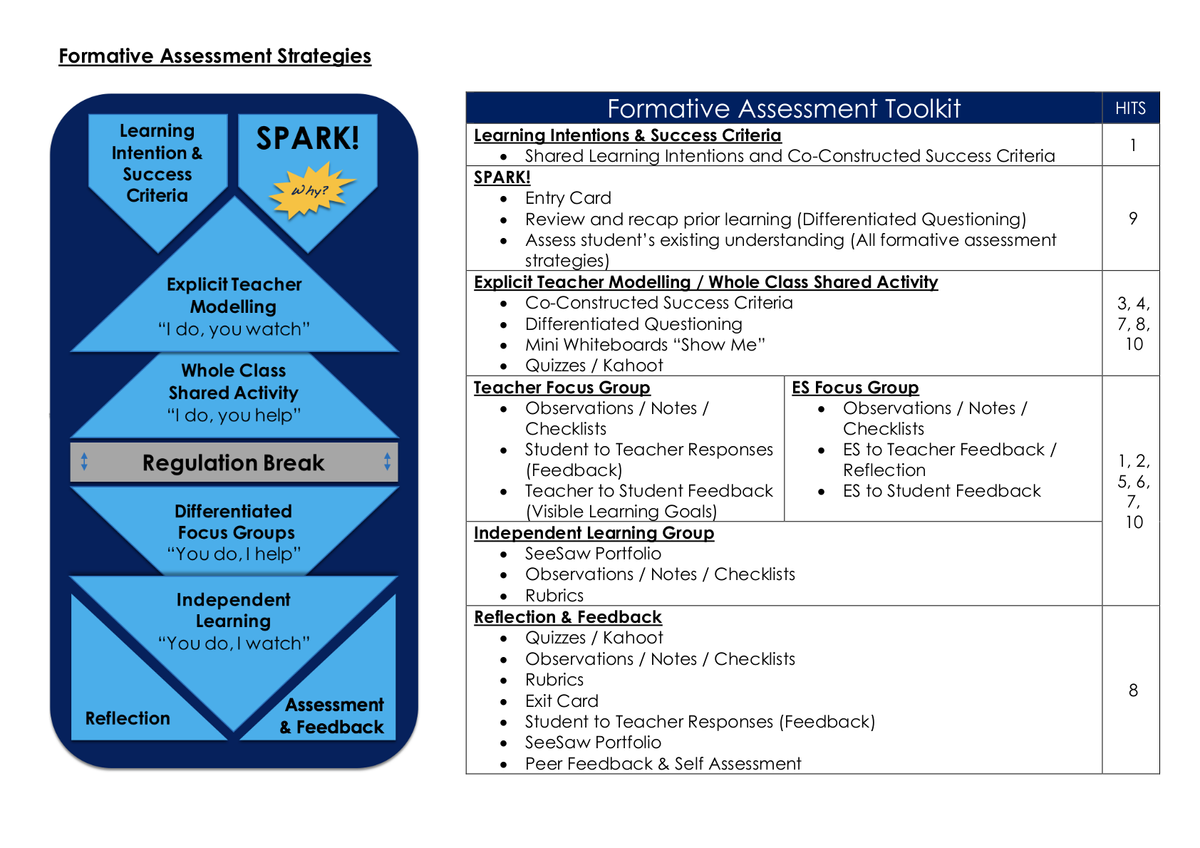Assessment & Reporting

Jackson School assesses student progress in line with the Department’s Assessment of Student Achievement and Progress Foundation to 10 policy.
Students at Jackson School will have multiple and varied opportunities to demonstrate learning and achievement. Teachers use assessment tasks that cover multiple curriculum levels to ensure that evidence of learning and growth is captured for every student.
- Teachers at Jackson School use a combination of formative assessment for learning (to focus feedback and guide future learning) and summative assessment of learning (to determine what the student has learned at the end of a sequence of learning), alongside student self-assessment and reflection.
- Assessment is used in an ongoing way, to guide future lessons and learning, as well as to keep students and parents informed of student progress.
- Teachers will use a variety of assessment strategies to gather evidence about student achievement. The agreed assessment processes and tasks are documented in the Subject Unit Designs and Learning Sequences. The assessments may include, but are not limited to, tests and assignments, projects, portfolios, performances, discussions or student-teacher conferences.
- Assessment tasks are developed to support students to show their knowledge, skills and understandings and will include clear instructions, relevant supporting documents (scaffolds, planning documents, etc) and allow sufficient time for completion. Teachers will make modifications to the task to cater for students with additional learning needs.
- Jackson School will develop Individual Education Plans (IEPs) for students who are part of the Program for Students with a Disability (PSD), Koorie students and students in ‘Out of Home’ care, in consultation with students, parents and where appropriate, with outside agencies.
- Teachers will assess the achievements of students with disabilities and impairments in the context of the Victorian Curriculum and the ‘Towards Foundation Level Victorian Curriculum’ where applicable.
- The English language proficiency of English as Additional Language EAL students will be assessed using the Victorian Curriculum F-10 EAL.
- Where possible, staff will participate in cross marking of assessment tasks (moderation) involving assessment rubrics and work samples so that staff can apply consistent judgements of student progress against Victorian Curriculum Standards across the school.
Assessment Schedule
Formative Assessment
Formative assessment or Assessment for Learning (AfL) is an ongoing process that teachers are involved in at two levels: formal and informal. This reflects the way teachers absorb the information and evidence related to students’ learning, and how they use it to inform their future lessons. Most of the assessment done in the classroom is informal assessment, the daily business of looking at what students are learning, assessing what they need and then responding. The aim of this is to provide students with constructive feedback and identifying potential targets for students’ future learning needs. At Jackson School we understand that Assessment for Learning is continual and ongoing process. We recognise the importance of thoroughly knowing our students’ existing knowledge and understanding and this assessment data and evidence is used to inform teaching and learning. Pre and post assessments are used to measure the impact of our teaching programs and students’ learning progress. We expect all lessons have a period of reflection of students’ learning which also provides students with meaningful and useful feedback.
Summative Assessments
In English we use a number of assessment tools to assessment students’ learning. Across the school we use PM Benchmarking to assess students’ reading and comprehension levels. We also use Essential Assessment for Reading a summative assessment tool. For writing we level and moderate writing samples against similar levelled students in our Professional Learning Teams and Curriculum sample portfolio.
In Mathematics we use Essential Numeracy Assessment to assess students’ knowledge and understanding in all strands: Number and Algebra, Measurement and Geometry and Statistics and Probability. The General All assessment is used for Summative Pre, Mid and Post assessments to support teacher’s judgments against the Achievement Standards. Formative Assessment tests are also used for module specific sub-strands.
Senior Secondary
In ASDAN, one module is submitted for quality assurance following internal moderation. In the even year of the two-year cycle, a minimum of six sections from the module Meal Preparation & Cooking Introduction are moderated. In the odd year of the two-year cycle, a minimum of five sections from the Independent Living Skills are moderated.
In VPC, students are given opportunities to demonstrate the learning outcomes through project-based learning. The students are also provided information on what the learning outcomes for the unit are and what sort of evidence will be collected to demonstrate successful achievement.
While all students need to successfully demonstrate achievement of the learning outcomes. This may also involve tailoring delivery and modifying teaching practices as well as timing the assessment activities to suit the pace at which the students learn.
The criteria used for good assessment with VPC is that it:
- has a clear purpose
- is set in a relevant context
- provides resources appropriate to the task
- caters for different learning styles
- allows for students to perform at different levels
- allows adequate evidence to be collected
- covers more than one learning outcome • oral presentations
Assessment within the VPC should be based on the following principles:
- Assessment should be valid and reliable
- Assessment tasks/activities should be designed to reflect the nature of the learning goal/s of the study.
- Students should be assessed across a range of different tasks/activities and contexts.
- Students should be provided with multiple opportunities when required to satisfy the learning goal/s.
- Assessment should be fair
- Assessment tasks/activities should be grounded in a relevant context and be sensitive to gender, culture, linguistic background, disability, socioeconomic status, and geographic location.
- Instructions for assessment tasks should be clear and explicit.
- Assessment should be flexible
- Assessment should be open ended and flexible to meet the specific needs of students.
- Students should have the opportunity to demonstrate achievement at their own level and pace.
- Assessment should be efficient
- Assessment instruments that provide evidence of achievement across a range of learning goal/s should be used.
In order to demonstrate competence, students are to compile evidence portfolios through participation in and completion of tasks. The features of evidence is that it is:
- Valid (Is the task consistent with the unit of works purpose statement? Have the learning outcomes been taken into account? Is the level appropriate?)
- Sufficient (Is there sufficient evidence to enable a decision to be made? This is important for activities involving a group of students working on an activity. Is there a balance of direct and indirect evidence?)
- Authentic (we know this is the work of the student?)
- Current (How do we know this is current work?)
- Consistent (Has the evidence been collected over time to ensure there is a consistent demonstration of competencies in the learning outcomes?)
As part of the assessment process, students will build up a portfolio of evidence. This portfolio may include:
- student self-assessment against the learning outcomes
- teacher observation records/checklists of oral presentations / practical activities
- reflective journals
- written text
- physical demonstration of understanding of written or oral text
- discussion/explanation
- debates
- portfolios of tasks or investigations
- photographic/video
- presentations
Prior to each reporting cycle, teacher moderate on the achievement of learning outcomes based on the evidence portfolios compiled by each student. Each VPC unit of study has modules with specified learning goals. A VPC unit can only be satisfactorily completed once all modules within that unit have been completed. The VPC studies are standards-based. All assessments for the achievement of learning goals are school-based and assessed through a range of assessment activities and tasks.
A student is awarded the VPC when they have satisfactorily completed a combination of units that meets the VPC minimum requirement. A VPC unit is satisfactorily completed once all the modules within that unit have been completed. Completion of a module is based on the teacher’s judgement that the student has achieved the learning goal(s) of that module.
Tracking & Monitoring Students’ Progress
Students’ assessment data is collected, tracked and analysed termly (By Week 8) using Accelerus. We use this information to compare Contextual Groups of Learners (CGOLS) and identify students who are working below school expectations and who may require further intervention and support. We measure impact of teachers’ practice and students’ learning based upon a modified progression system. Students’ progress is compared against whole school benchmarks at each year level.
Learning is optimised when teachers pitch the content and the instruction ‘at or just above’ each student’s developmental level, considered to be their ‘zone of proximal development’ (Vygotsky 1978).
Rather than categorising assessment as ‘as learning’, ‘for learning’, or ‘of learning’, we need to focus on what assessment tells us about the progress that students (individually or in groups) have achieved in their learning at the time of assessment.
We can start to see all assessment in schools as formative if we focus on the question “what is the purpose of the assessment?” A form of assessment traditionally understood as ‘summative’, such as a test, can be formative if the teacher uses what they learn from the students’ test results to modify a lesson plan to revisit a topic previously covered because they identify gaps in their students’ understanding.
Similarly, a ‘diagnostic’ assessment focusing on alphabet recognition becomes formative when the teacher uses the data gathered to build in explicit teaching on phonemic awareness.
The information that formative assessment yields can be used in many different ways: to define learning intentions, to design a unit of work based on the Victorian Curriculum, to identify gaps or misconceptions in individual understanding, to identify a student’s zone of proximal development, or to inform the cycle of teaching and feedback in the classroom.
Used alongside a set of clearly defined and challenging learning intentions, formative assessment is continuous feedback that allows a teacher to evaluate impact and a student to move their learning forward. Dylan William (2011).
Formative assessment questions (Hattie, 2003):
- What is to be learned?
- What do students already know?
- How is learning progressing?
- What needs to change?
- What will be learned next? It can be immediate (a specific question, thumbs up-thumbs down) or planned (a quiz, a student moderation)
Reporting
Jackson School reports student progress to parents in line with the Department’s Reporting Student Achievement and Progress Foundation to 10 policy. In addition, Jackson School ensures that there is continuous sharing of assessment information formally and informally with parents/carers throughout the term/semester, including through twice-annual formal reporting.
At Jackson School [insert a statement that outlines how the school implements the Reporting Student Achievement and Progress Foundation to 10 policy, including how parents/carers and students can discuss the school report with teachers and/or school leaders].
The report will be in a written format easy for parents/carers to understand and will be accessible in digital form with the option to translate text from English to another language, to cater to our school community.
- Jackson School will report directly against the Victorian Curriculum F-10 achievement standards or, if reporting on students for whom English is an additional language, the Victorian Curriculum F-10 EAL achievement standards.
- Both student achievement and progress will be included in the report.
- An age-related five-point scale, where the quality of a student’s achievement against what is ‘expected’ for students of that year level at the time of reporting, will be used for reporting against the achievement standards in English, Mathematics and Science (where applicable).
- Jackson School will use either a learning goals scale or a learning dimensions scale for other areas of the curriculum.
- Opportunities will be provided for parents/carers and students to discuss the school report with teachers and/or school leaders.
Students are expected to make a curriculum level growth by the end of a two-year band. This equates to 0.5 growth per year and 0.25 growth per semester. ILP Growth and Achievement Data are measured against the following 5-point scales.
Student Support Groups (SSGs)
Student Support Group Meetings (parent-teacher interviews) are conducted throughout the year, enable the opportunity to discuss the students’ progress and how they can continue to be supported at home. Interpreting services will be made available where required.
The purpose of the Term 1 SSGs is to establish a strong home-school relationship to support the successful start of a new school year, complete the Learner Profile and establish “Long Term” goals. Term 3 SSGs are to discuss the student’s progress from the Semester 1 report against the goals set.
SSGs can be arranged at anytime during school time with all participants. This may include staff and professionals from other settings. Additional to learning goals and progress, the focus of these SSGs may be focused around the student’s behaviour or attendance. All new students enrolling to Jackson are required to have a least one Admissions/Entry SSGs. Students with complex needs transitioning into Jackson will require more than one Admissions/Entry SSG with their feeder school. All part time students and students exiting Jackson require an SSG with their new/other school. All Year 12 students transitioning out of Jackson will have a Post School Pathways SSG to discuss their Career Action Plan and individual pathways.






